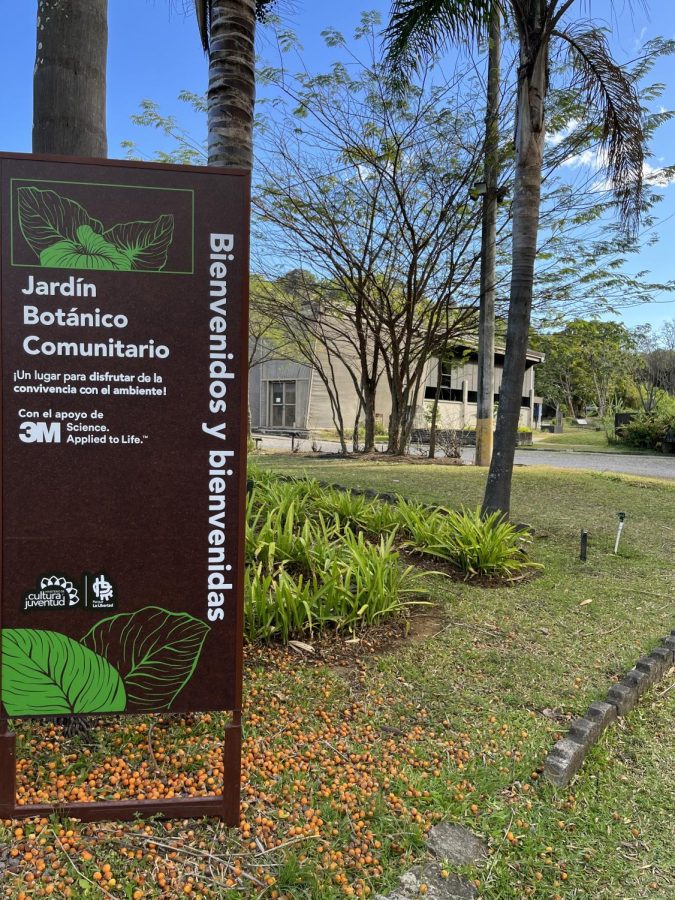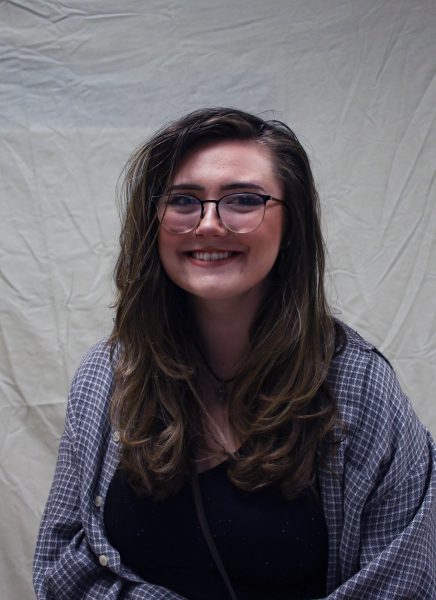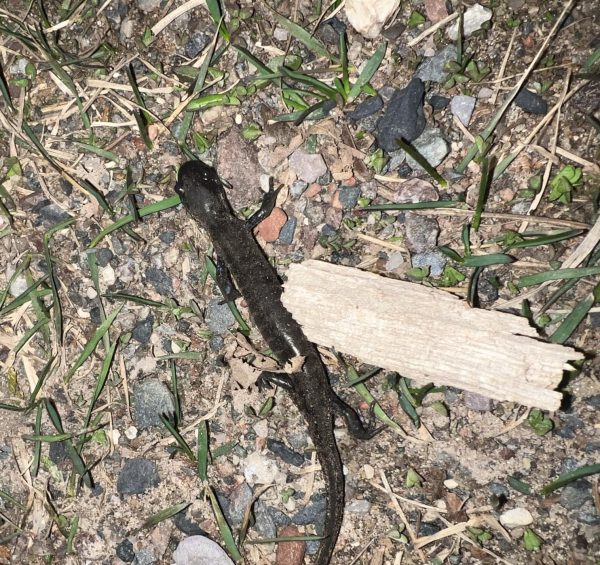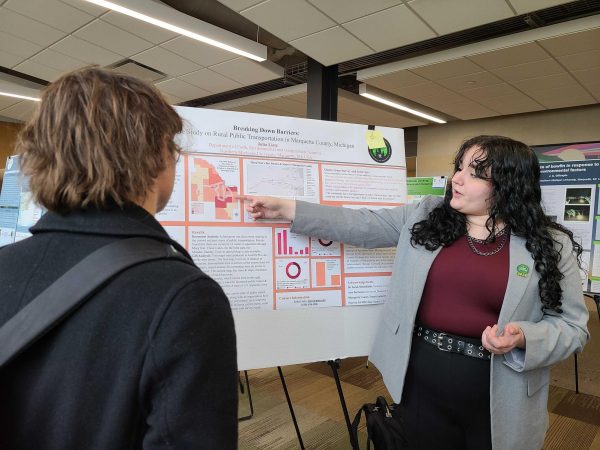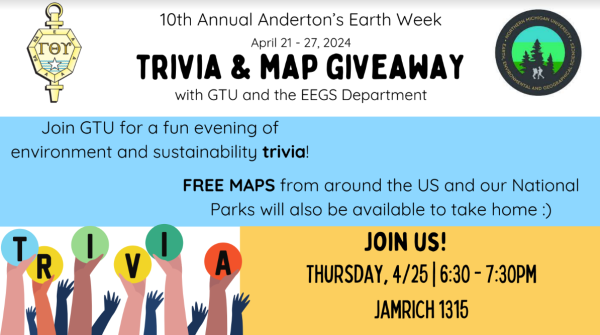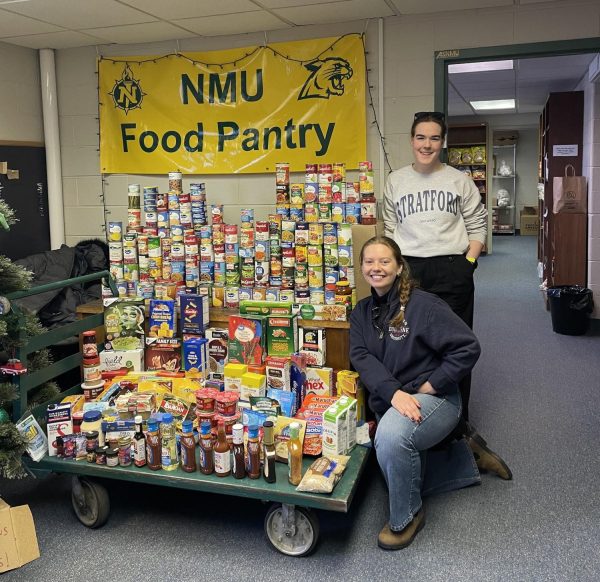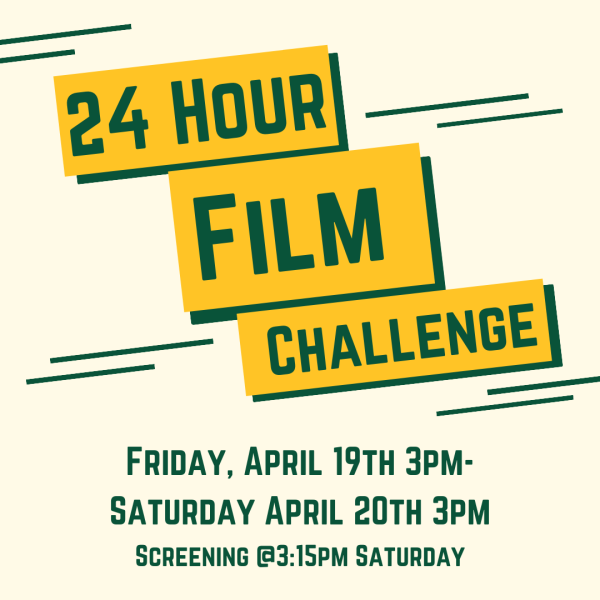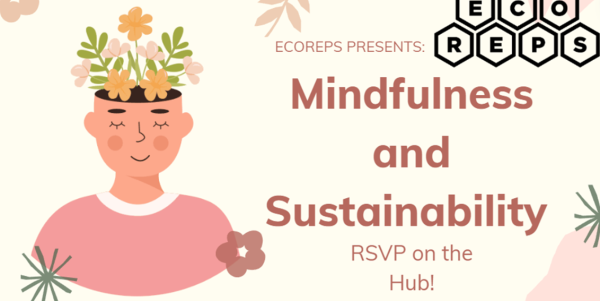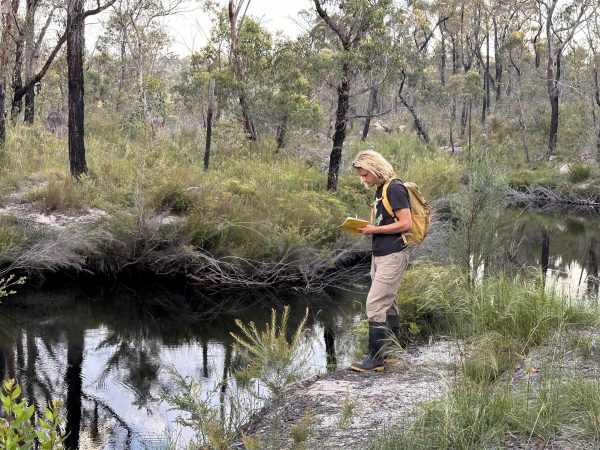Study abroad programs reemerging after COVID-19 closures
Photo courtesy of Peter Griggs
Parque La Libertad in Costa Rica where Peter Griggs has been working as a part of his study abroad experience. Griggs is one of a few students that has been able to have an in-person travel abroad experience during COVID-19.
February 14, 2022
Study abroad options are reopening and the administrators of NMU’s international studies program feel prepared for what’s next, remain adaptable to new changes and are confident with the way they are handling all abroad affairs.
The amount of study abroad opportunities are smaller and harder to plan than in previous years, but there are still a variety of options, including: academic years and semesters abroad, service-learning volunteer projects, internships and exchanges. Faculty-led study abroad programs to Vienna, Austria and Salamanca, Spain are being closely revised and should run this summer for the first time in two years.
“The pandemic, of course, mainly caused problems with study abroad,” said Rebecca Ulland, professor and head of the international studies program.
When COVID-19 hit in the winter of 2020, many students were given credit for their study abroad programs and brought home. In the following semesters, the department eventually turned to a virtual format in the summer of 2021 in hopes of keeping experiences open for students.
This virtual format allows students to take classes and meet with professors and students from around the world, both in formal and informal settings, Ulland said.
“They would be in Marquette, or wherever, and they would be interacting with people from elsewhere … but we have not had a student not be able to graduate,” Ulland said.
There’s a need for students to have these international experiences as well as the ability to interact and learn from different cultures, she said. Even if they’re not the same, virtual options still provide some of what the traveling abroad experience is about.
“Later in life, when I talk to students, they talk about their study abroad experience and that’s where they always want to go back to,” Ulland said. “They’re life changing, and they will always be special in your heart because it was the first time when you were living in that situation, just on your own.”
Many students have chosen to wait to travel abroad instead of participating in the virtual component for this reason. They want hands-on interactions, immersive experiences and memories. The online version for students will still be offered but is considered a last resort and not something foreseen as growing, Ulland said.
She said that opportunities like this are huge for students because it’s unlikely to have the same opportunities after college when you have other and stricter responsibilities.
“This is the perfect time in your life to go abroad,” Ulland said.
Compared to before COVID-19, the companies and countries offering study abroad programs have different requirements. Students are aware of the risks and the guidelines and are more scared of losing the chance to travel, Ulland said.
Lila Isleib, coordinator of study abroad and student services, also remains optimistic about the future. More problems may occur but the program can adjust to meet the needs of the students and the host country, Isleib said.
“I’m keeping up with many different countries and all of their changing regulations,” Isleib said.
The staff is monitoring the situation, so students will not be placed in a situation they are not confident in. She said NMU has good partners in affiliated abroad programs who communicate well and are there to care for students.
To prepare students, she offers Study Abroad 101 sessions that are a virtual study abroad one-on-one class every week. She answers general questions, informs students how to plan for international travel and settles fears – or misunderstood information surrounding topics like cost – as well as preparing students on what to expect and getting them started. Students can schedule a time on the Study Abroad 101 website.
Following this meeting, the department sends information to students about potential programs for them to review. Once students narrow it down, they schedule a personal meeting with Isleib to really get talking about further concerns, like scholarships and what best suits the student.
“Everything is very tentative,” said Isleib. “[COVID-19] has been extremely challenging. Students who are really determined to study abroad have to plan much more, they have to have alternate plans and even those alternate plans fall through sometimes.”
Peter Griggs, senior majoring in international studies, traveled to Costa Rica about two weeks ago in late January with the study abroad program after concerns it would be canceled.
“There’s some predictability about it [omicron] that makes me worry slightly less,” Griggs said. “I’m an adult with three shots in my arm, who maintains a relatively healthy lifestyle. I’m concerned but I try not to let it dominate my thinking.”
He lives with his host family, a mother and grandmother while working for the service-learning organization International Studies Abroad that is centered on community development.
ISA aims to help students grow and develop life skills through classes in their host country, and/or a service-learning component like Griggs is doing. Service-learning aims to give back to the communities by supporting in whatever way possible, with hands-on learning of both the culture and language.
“Nothing about my time so far … has felt artificial or like we’re pretending things are certain when they’re not. It’s more of an embrace the uncertainty; we’ll work around it and we’ll take it a step at a time,” Griggs said. “I can’t speak to the experience of other students, but I can’t imagine it’s that far from what I’m expressing.”
He said the variety of smaller educational departments ISA covers are geared towards mostly school-aged children and members of the local community but are really open to everybody.
“[The experience] is kind of developing each day and I’ll probably take on more and more work at the park because I really love the people I work with,” Griggs said. “I’ve learned so much in just a week and a half.”
Griggs said he foresees this particular experience with traveling abroad, Costa Rica being the ninth country he’s traveled to, as one that’s already impacted him the most because of the immersive nature behind it.
“I honestly couldn’t imagine a better start to all of this,” Griggs said. “Between my host family and between everybody at the park, it’s been incredible.”





















